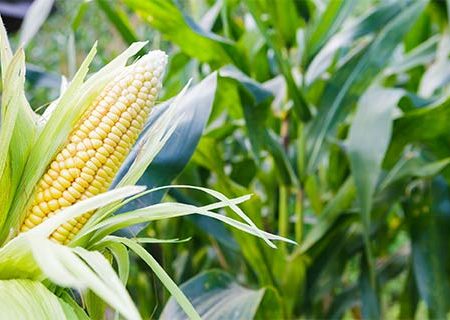Farm Insurance: Things To Know About The Same
Farm insurance is essential for protecting the financial stability of agricultural operations. Campbell Insurance Agency provides farm insurance in Omaha, NE, Bellevue, NE, Papillion, NE, Council Bluffs, IA, Treynor, IA and surrounding regions.

These are the key aspects to understand about farm insurance:
- Types of Coverage
Property Insurance: Covers buildings, equipment, and livestock against damage or loss from events like fires, storms, theft, and vandalism.
Crop Insurance: Protects against the loss of crops due to natural disasters (e.g., hail, drought) or loss of revenue due to declines in the prices of agricultural commodities.
Liability Insurance: Provides protection against legal liability for injuries or damages that occur on the farm, including accidents involving visitors or employees.
Livestock Insurance: Covers losses from the death or injury of livestock due to accidents, disease, or theft.
- Customizable Policies
Farm insurance policies are often customizable to meet the specific needs of different farming operations, whether it’s a small hobby farm or a large commercial enterprise.
- Additional Coverage Options
Equipment Breakdown Insurance: Covers the cost of repairing or replacing damaged equipment.
Farm Income Protection: Provides compensation for lost income due to interruptions in farming operations.
Farm Vehicle Insurance: Similar to auto insurance, but tailored to vehicles used in farming operations.
- Risk Management
Farmers should conduct a thorough risk assessment to determine which types of coverage are most necessary for their particular operations. Factors to consider include location, types of crops or livestock, and the scale of the farming operation.
- Government Programs
In many countries, there are government programs that provide subsidies or assistance for purchasing crop insurance, helping to make it more affordable for farmers.
- Legal and Financial Advice
Consulting with insurance agents, legal advisors, and financial planners can help farmers make informed decisions about the coverage they need and ensure they are adequately protected.
- Review and Update Regularly
Farmers should regularly review and update their insurance policies to reflect changes in their operations, such as the acquisition of new equipment, expansion of farmland, or changes in the types of crops or livestock raised.
- Cost Considerations
The cost of farm insurance varies based on the level and type of coverage, the size and type of the farming operation, and the farm’s location. It’s important to compare quotes from different insurance providers to find the best coverage at a reasonable price.
By understanding these key points, farmers can better protect their investments and ensure the continuity of their operations in the face of unforeseen events.
Call us anytime if you need more information.
